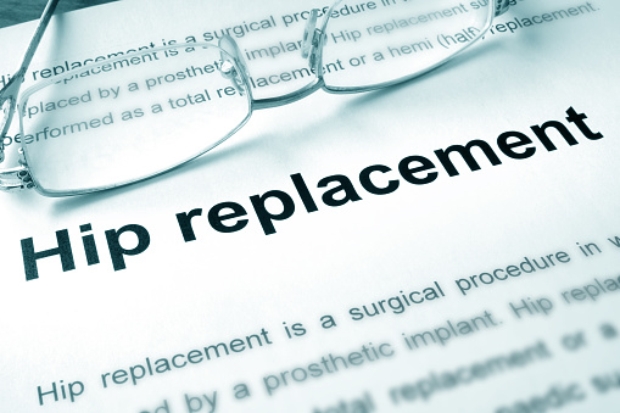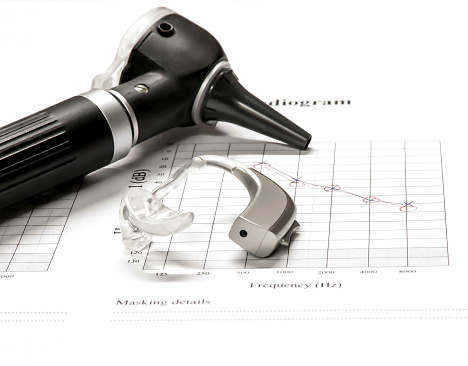Patients’ pain scores improve as opioid use decreases
A recent study from the University of Virginia Health System has found that patients’ pain scores decrease as doctors lower their doses of opioids. The study reviewed 101,484 surgical cases that took place between March 2011 and November 2015, where patients were given general anesthesia. During this time period, the UVA Health System decreased the ...click here to read more








